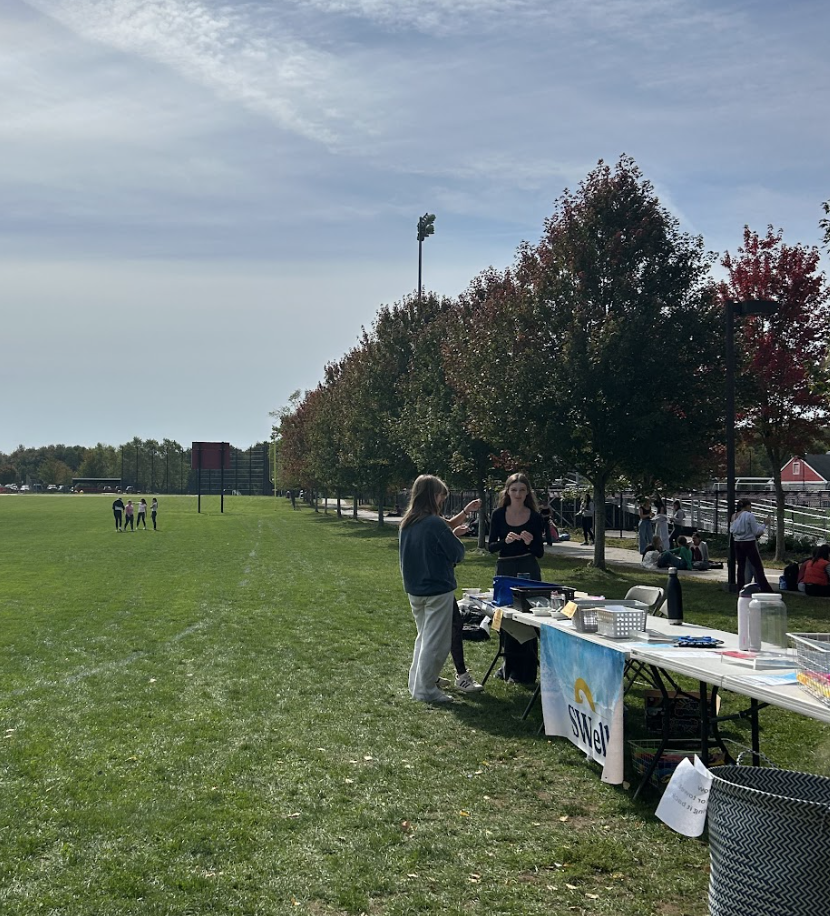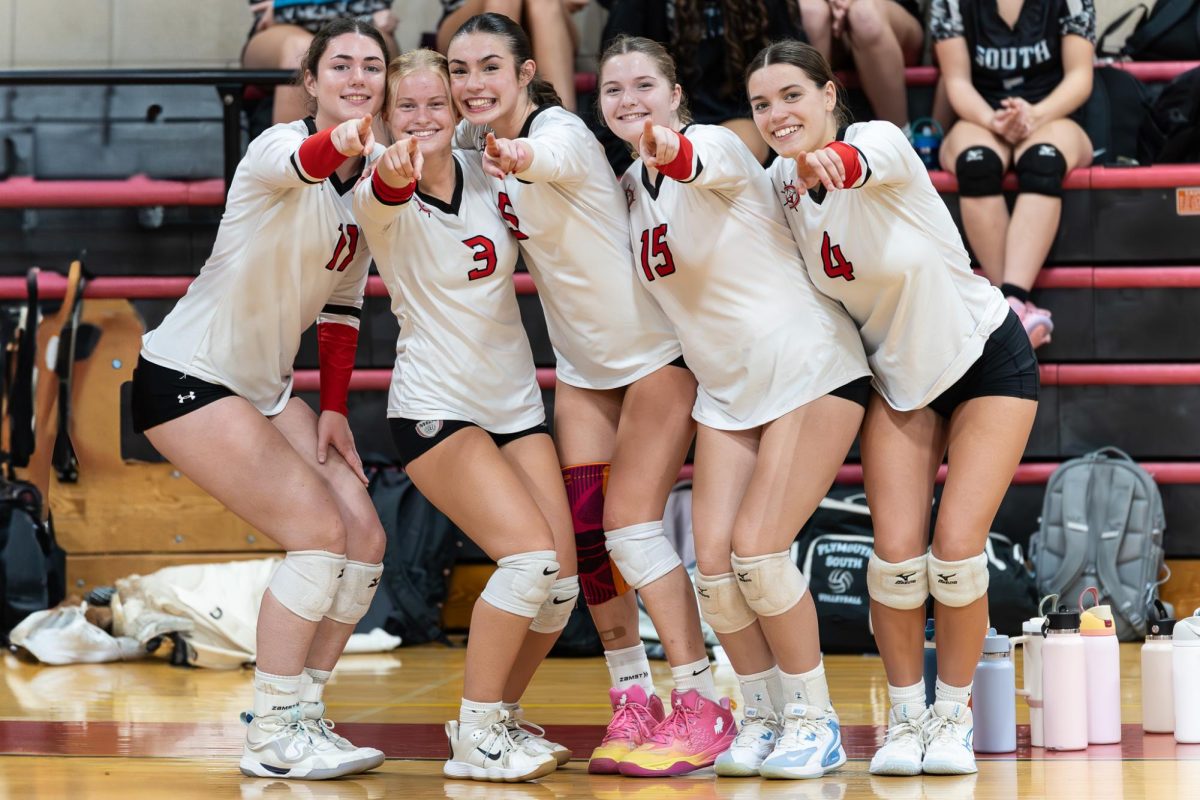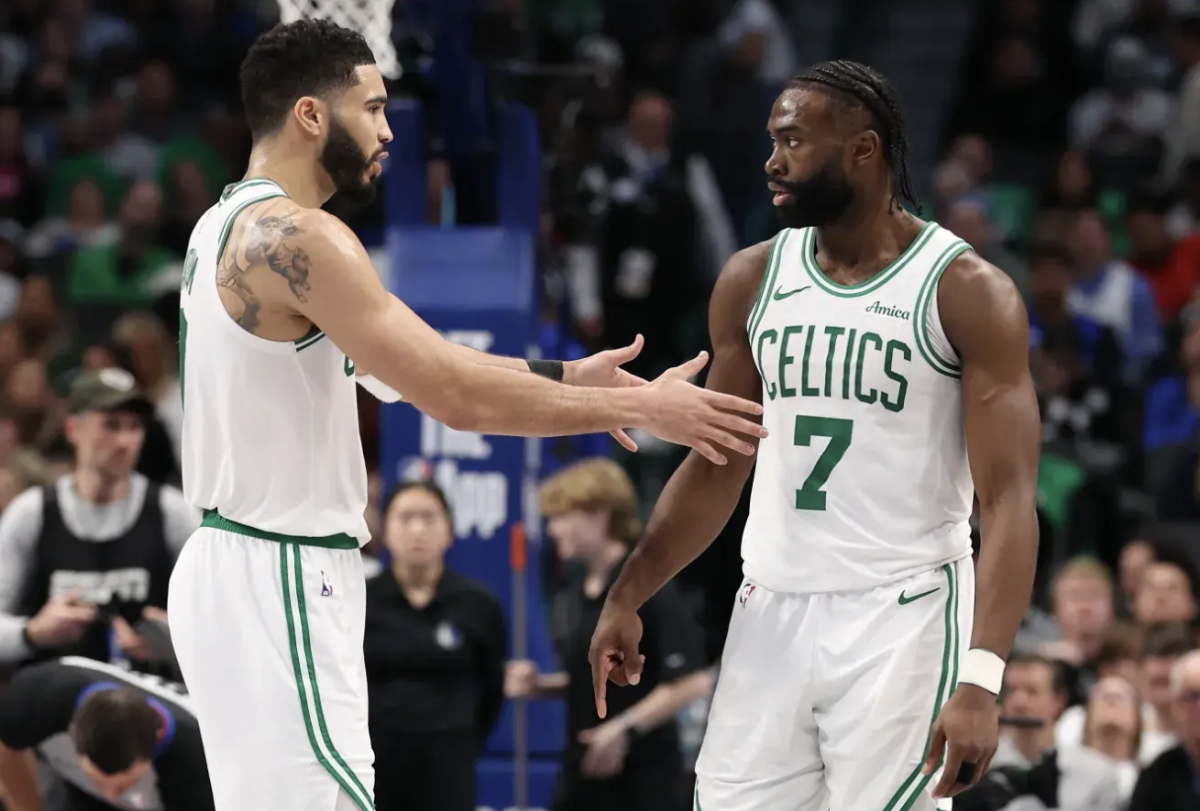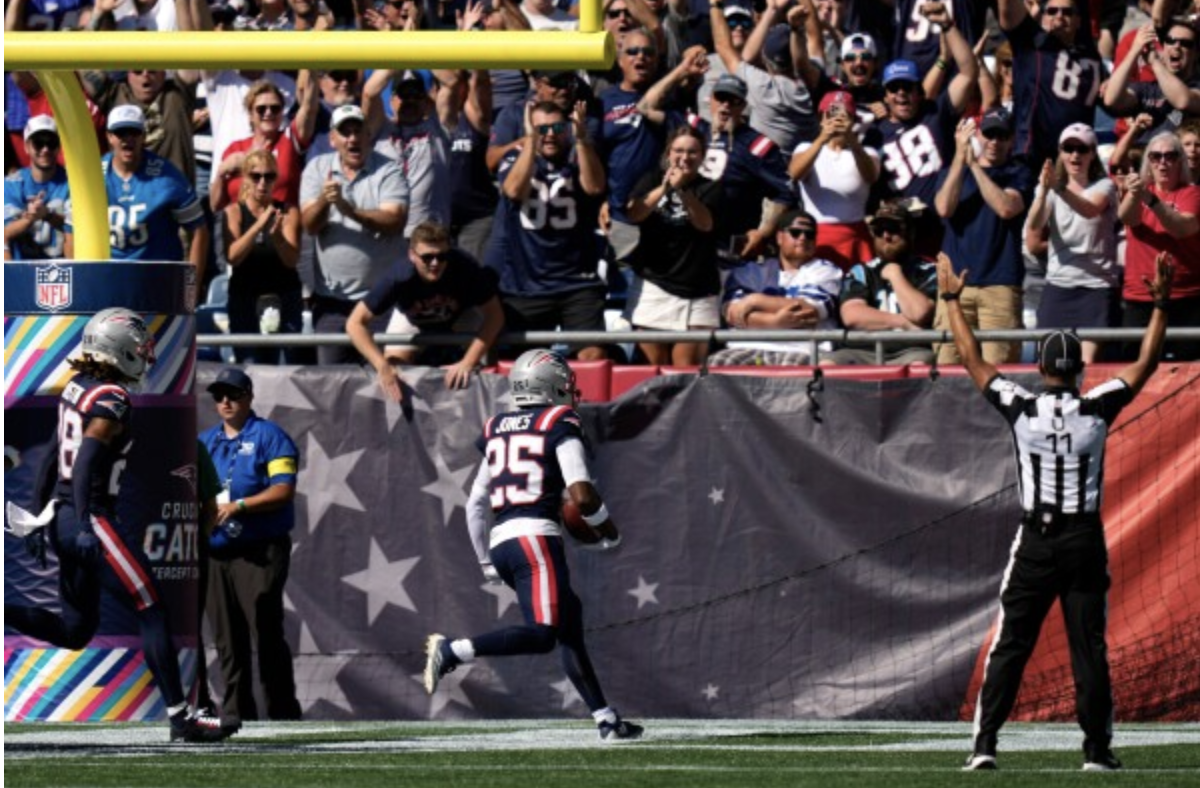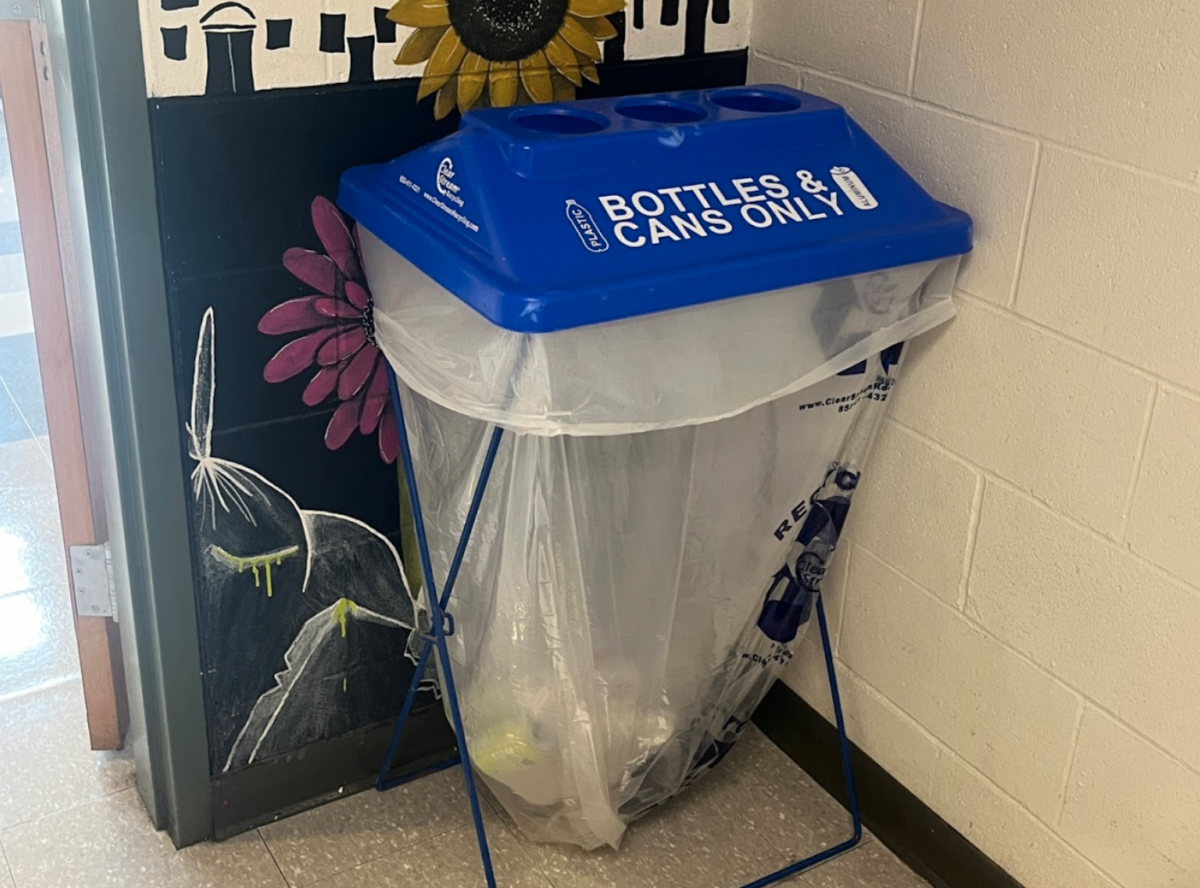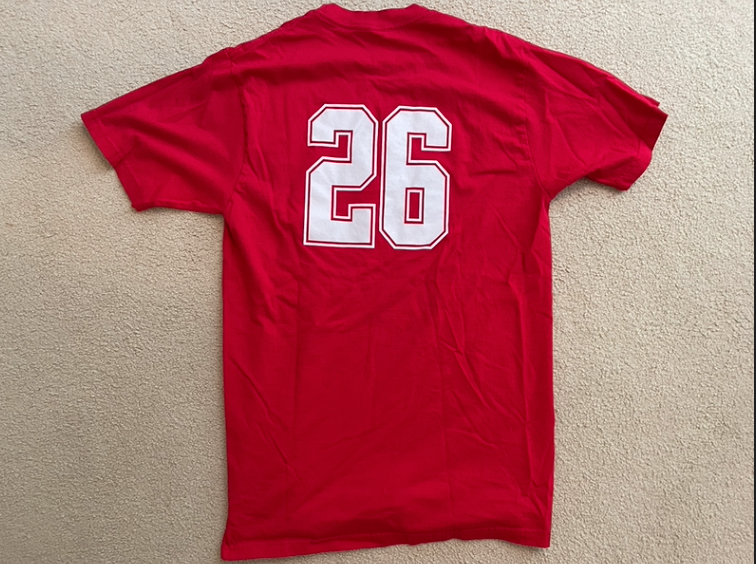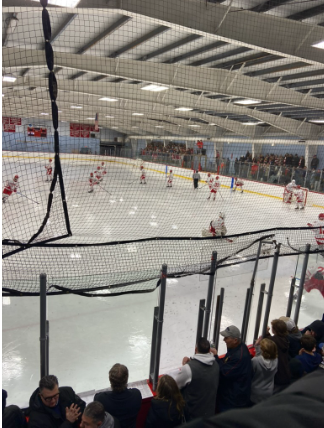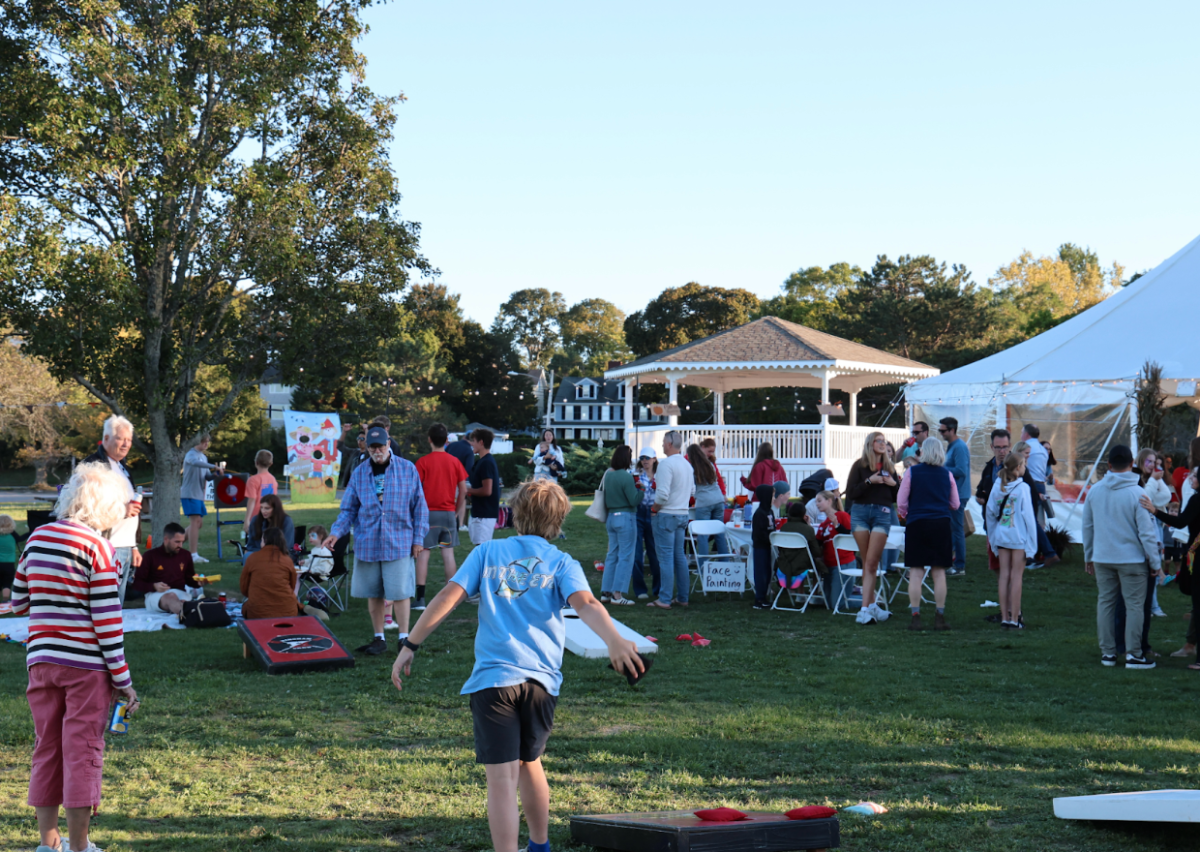As the winter sports season is coming to an end, it is important for winter athletes to utilize this time off from their competitive pastimes. For most athletes, the off season is more than just a break from their sports, but a crucial part of recovery, strength building, and endurance. This article will give a few options for any athletes that are feeling a little overwhelmed and who need a strategic plan for this off season, whether it be in the fall, winter, or spring.
The first and most important aspect of the off-season for athletes is maintaining a top physical figure through exercise and fitness training. Training the body during periods of rest is crucial for injury prevention and more, that will benefit any athlete. Keeping an athletic build specific to one’s sport is important and can be achieved through various workouts. Strength training or endurance workouts can help for many sports that involve running or large amounts of strength.
Junior Captain of the girls’ hockey team Caroline Doherty says that her off season workouts “Are consistent throughout the off season. I go to a class workout and that is my favorite way to get in strength and do weight training during my off season. I definitely think this helps me during my season as I can skate for much longer.”
Another huge component of the off season for athletes is obviously recovery. Mentally and physically, sports take a huge toll on athletes, so recovery is essential to play at one’s highest level. Getting lots of sleep during this recovery period can help the body recover in many ways, so carving out time each day is helpful for gaining extra hours of slumber. Other ways for recovering athletes to recuperate include mediation, yoga, messages, and cold/hot plunges.
While recovery and physical maintenance is important for an athlete during the off-season, training and refining their skills for their sport is also important. Since athletes are not competing during the off-season, they can dive deeper into their skills with training sessions with coaches or drills by themselves. This can benefit athletes that had specific weaknesses during their previous season so they can work on improving certain areas of their game.
Sophomore Carolyn Downey says that she works very hard on her technical game during the off season from her sport, varsity soccer. Downey says “I train with my teammates and privately on my technical skills, making sure I am maintaining them for the upcoming season. I think it really helps make me a better player because I always feel prepared for the games after training all winter with my coaches and team.”
Athletes are not defined solely by their sport, and especially during the off season; athletes have the opportunity to try new activities and diversify their interests beyond their athletics. Trying out new hobbies and activities is a great way to create balance between sports and one’s social life, often helping athletes’ mental health during particularly straining athletic seasons.For highschool athletes, trying new clubs or electives can really help with recruitment from colleges, as they tend to look at what an athlete does in their free time.
Overall, the off-season should be a time to better one’s athletic performance, as well as interests and passions. Good luck to all athletes who are embarking on their off season journey!







